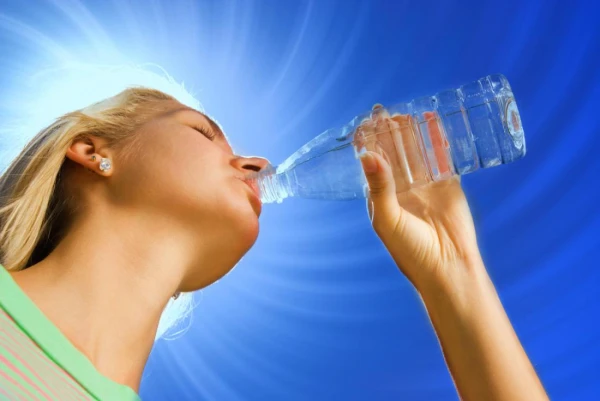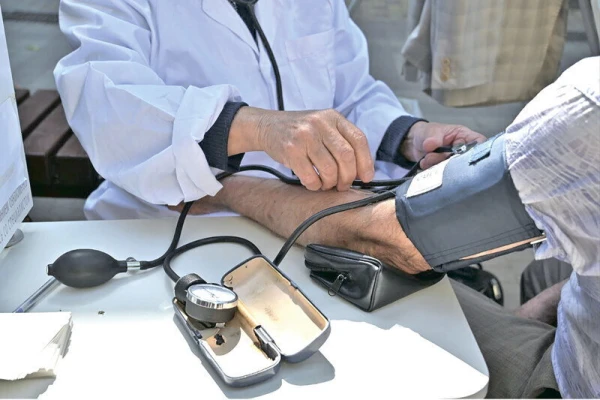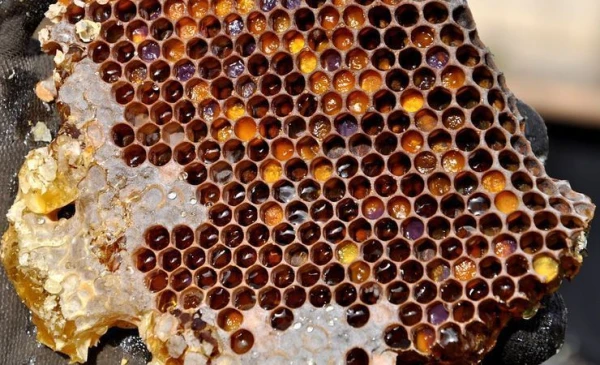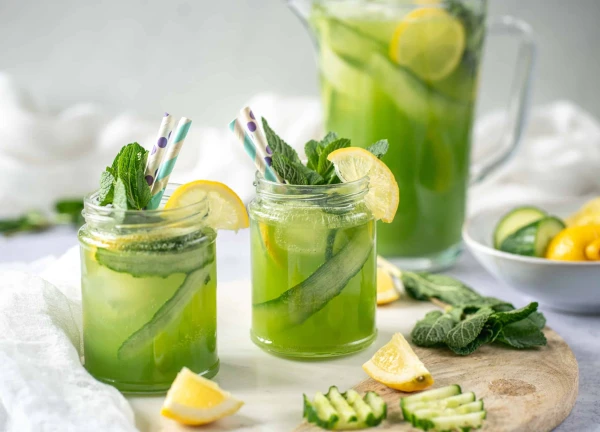
You will find the expiration date on every bottle. And you will likely be surprised: can ordinary water really spoil?
In fact, water itself does not have an expiration date (unless harmful organisms have contaminated it). However, you will likely find a date on the plastic bottle, usually between 1.5 to 2 years, and this date refers to the bottle itself. Plastic tends to break down over time, which potentially increases the risk of developing cancer, brain damage, and infertility, writes doctorpiter.
Let's return to the expiration date. It refers to the period during which the water will retain its taste and beneficial qualities. What happens after that?
Experts from the British Council on Natural Hydration believe that even after the stated date, the water is safe to drink. Other specialists argue that harmful microplastic particles begin to enter the water from the moment it is bottled, and their quantity increases each month.
The Dangers of Plastic in Water
According to leading freshwater pollution researcher Sherri Mason, many types of cancer, as well as the rise in cases of autism and ADHD, are linked to the presence of synthetic chemicals in the environment. Plastic acts as a kind of "conductor" for these substances into the human body. Yes, a large portion is excreted from the body, but some particles can enter the bloodstream and remain in vital organs. There is increasing evidence that they cause neurotoxicity, chronic inflammation, hormonal disruption, and metabolic issues.
A recent study conducted at Concordia University showed that people who drink bottled water (even before its expiration date) consume approximately 900,000 more microplastic particles annually than those who drink simply filtered water or water from glass bottles.
"Microplastics can also cause dysbiosis in the gut, disrupt the balance of intestinal bacteria, and when inhaled, can lead to respiratory diseases," warns study author Sara Sajjadi.
It is clear that if the bottle is expired, the PET particles have already broken down enough to affect the taste and smell of the water. Yes, it does not contain phthalates or bisphenol A, which are considered some of the most harmful substances to humans, but if the bottle has been stored in the sun or near strongly scented chemicals, the water may spoil.
Additionally, PET plastic allows air to pass through, meaning that over time, a small amount of water may evaporate from the bottle, creating conditions for contaminated particles to enter the source.









